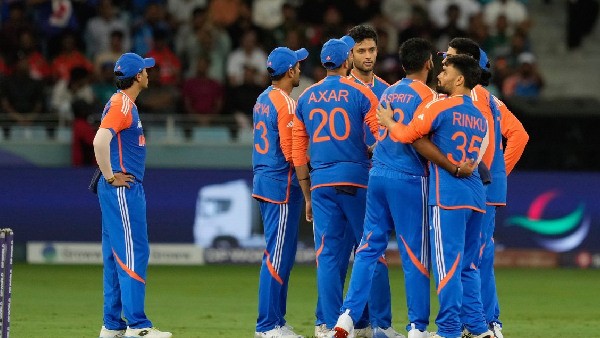
As anticipation builds for the Asia Cup 2025 final, Team India stands on the brink of replicating a historic feat last achieved over four decades ago — defeating Pakistan in a major tournament final, just as they did in the 1983 World Cup.
The parallels are striking. In 1983, India stunned the cricketing world by toppling West Indies in the final, but their group-stage victory over Pakistan was pivotal in building momentum. Now, in 2025, India prepares to face their arch-rivals in a high-stakes final that could redefine regional cricket dynamics.
Led by Rohit Sharma, the squad has shown depth and resilience throughout the tournament, with standout performances from Shubman Gill, Jasprit Bumrah, and Kuldeep Yadav. Pakistan, captained by Babar Azam, enters the final with a formidable pace attack and a batting lineup that has consistently delivered under pressure.
Beyond the scoreboard, the match carries emotional weight. Fans across both nations recall the 1983 campaign as a turning point in Indian cricket — a moment that inspired generations. Replicating that legacy against Pakistan in a continental final would not only be symbolic but also a statement of India’s continued dominance in the subcontinent.
Security has been heightened in Colombo, with thousands of fans expected to attend. Broadcasters are predicting record viewership, and social media is already ablaze with hashtags like #Repeat83 and #INDvsPAKFinal.
Whether history repeats itself or a new chapter is written, the Asia Cup final promises more than just cricket — it’s a cultural moment, a legacy test, and a celebration of sport’s power to unite and ignite.
